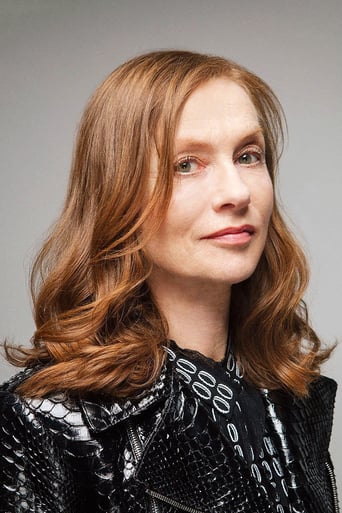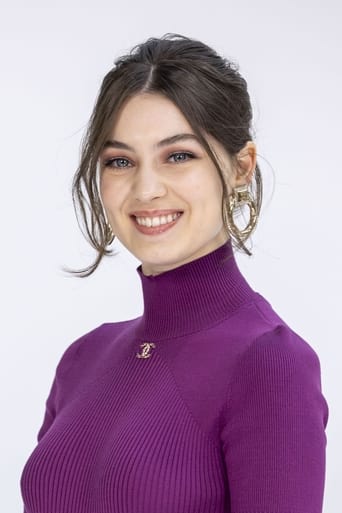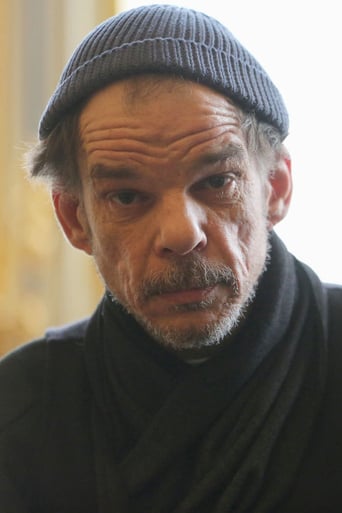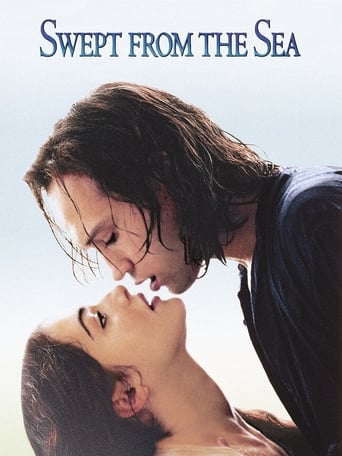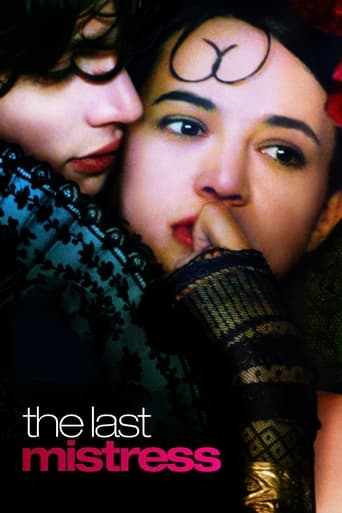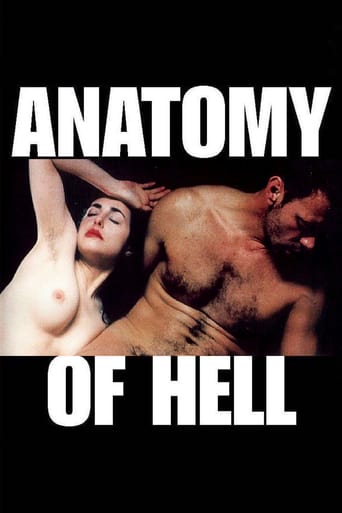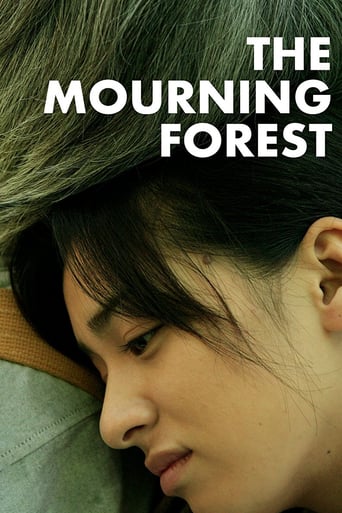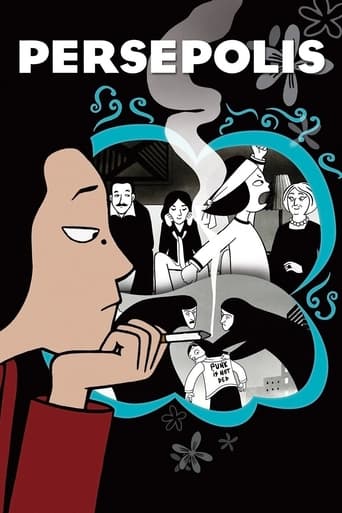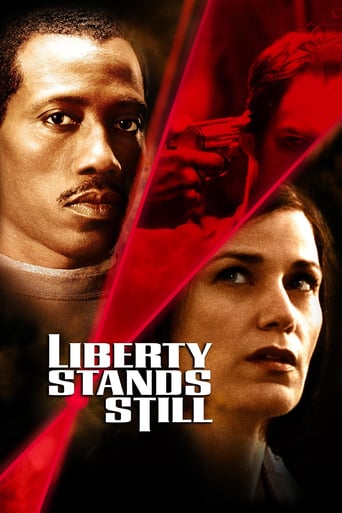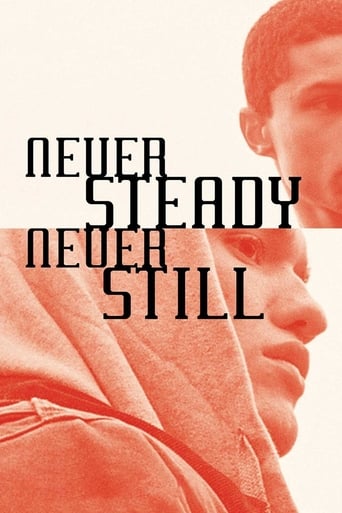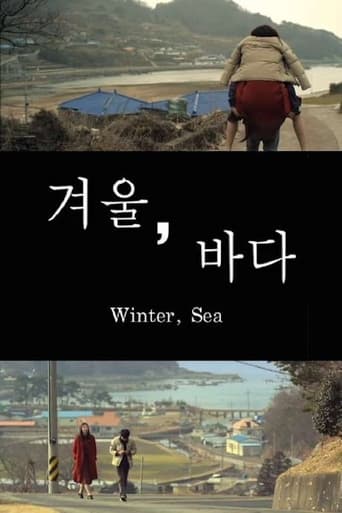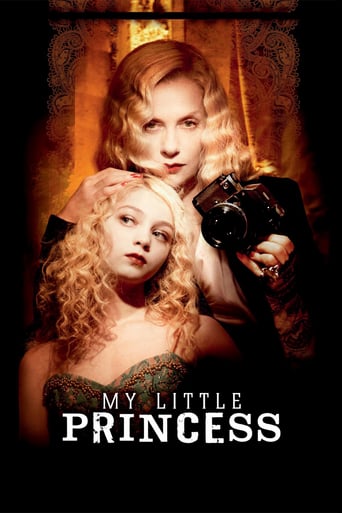
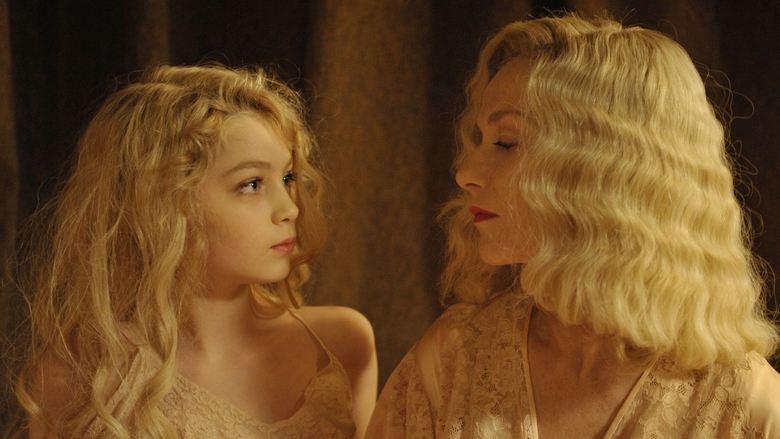
My Little Princess (2011)
Young Violetta and her mother Hannah are a peculiar couple. Ten-year-old Violetta lives a quiet life with her grandmother, while her mother Hannah is an unpredictable photographer who lives off of the generosity of others. When Hannah forces her daughter to pose as a model, Violetta finds her life with her loving grandmother turned upside down.The resulting pictures quickly become a sensation for the trendy 70's Paris art scene, and Violetta finds herself caught in between her new stature as an art muse and her dull childhood.
Watch Trailer
Cast
Similar titles
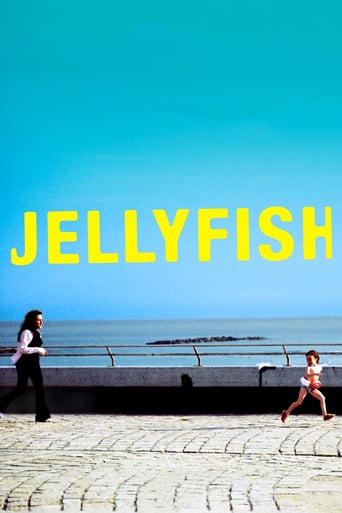
Reviews
Wonderful Movie
Very Cool!!!
Touches You
All of these films share one commonality, that being a kind of emotional center that humanizes a cast of monsters.
How old this little actress is? the one doing the victims role? Any Pedophile will be happy to see this movie! You can't tell the story of child abuse using another child even if she is at age this is child abusive. I live in a war zone. Images about my suffering is no good for me and I wont let my kid see them. C's Media is not made to help me up Media is there to tell what happened any photograph or filming on TV or any other media should have limits because we have children to raze and this is not helping. Tell parents to teach their kids about it. make schooled able to interfere when parents abuse their own kids. I've seen cuts from this movie used to make an unofficial music video on you tube. Very easy Access for any teenager anywhere!
Here is a disturbing film about a seldom touched subject: the exploitation of a daughter by a selfish and self-centered woman that needs all the help she can get. Hanna Giurgiu is a woman of a certain age who daubs in the Parisian art scene. Her paintings are nothing to brag about, and when her lover, the painter Ernst, gives Hanna a Nikon camera, she suddenly decides to re-invent herself as a photographer. Not any kind of photographer, mind you, but one which will capitalize in the artistic nude photos that are provocative and cutting edge pornographic.Hanna, a single mother, sharing an apartment with her old grandmother and her her daughter Violetta, enjoys being a social butterfly gravitating in an arty world. Hanna takes advantage of the grandmother because of a deeply guarded secret the old woman has kept in her heart, not to be revealed to anyone, let alone young Violetta, an impressionable girl, of about twelve or thirteen years old. Hanna sees a big potential in her daughter, whom she begins photographing, dressing her as an adult.In Hanna's world, anything goes. She suddenly becomes bold asking Violetta to pose in provocative poses, something that suddenly changes as Violetta sees a way to be with her mother as she has never been before. Violetta is encouraged by Hanna to take advantage of the effect she has on older people. The erotically charged pictures suddenly are shown to the artistic circuit, something that generates great demand.Violetta, who is still going to school, suddenly loses all her desire to be with her peers. She even dresses improperly to attend classes. Hanna could not care less; after all, suddenly she has achieved a notoriety, being in great demand. Hanna even takes Violetta to a shooting session in London with a celebrity musician who is heavily into drugs. Things between mother and daughter begin to change because of Hanna's insisting Violetta should do more than posing. It comes as no surprise the people in charge of children's welfare will be informed of how Violetta's life has been transformed, something that will serve to get the girl from her monstrous mother.MEva Ionesco, the creator of "My Little Princess", wrote the screenplay in collaboration with Marc Cholodenko and Philippe Le Guay. The film relies on the shocking theme at the heart of the story. The creepiness of the situation renders this film to be recommended for mature audiences not easily shaken by the subject at hand. Although there is no incest between Hanna and Violetta, it shows its ugly face in a way that even the promiscuous Violetta is repulsed upon hearing the heavily guarded revelation. Hanna is one of the worst kinds of monsters a child could ever experience. She uses Violetta to satisfy her own ego without paying attention to the lasting effect on her relationship with a daughter who will grow up to despise a mother who took advantage of her.Isabelle Huppert gives another extraordinary larger than life performances with her Hanna Giurgiu. She is a pathetic human being who will stop at nothing to show the world she is an artiste, albeit of the decorum and restrain from a parent. The revelation of the film is Anamaria Vartolomei, a beautiful young girl who shows great courage and zest in playing Violetta, the daughter abused by her mother. The best aspect of the movie is the work of both actresses. Ms. Huppert shows why she has endured an impressive film career with her take of Hanna. The film is photographed basically on interiors and dark tones by Jeanne Lapoirie, adding a credible layer to the texture. The music score is by Bernard Burgalat.The film is autobiographical. Eva Ionesco's life was marked by the same experiences Violetta had to go through, as her own mother, Irina, made her do for her. The pictures were pornographic in its content, which is what the director is repeating as a way, perhaps, to justify her own youth with a mother modeled after Hanna in the film.
Based on a strongly autobiographical story, I doubt "My Little Princess" will be widely seen, for its subject can shy away many cinema lovers (it tells how a talented photographer literally sold her daughter's soul via erotic shots). And yet, "My Little Princess" deserves to be seen, not only because it is an unconventional story, well told and well played, but also because it makes you think and wonder about what can be done for the sake of art. And the answer is of course not an easy one.Director Eva Ionesco has a full bag of stories regarding mother-and-daughter relationships and the world of art as it was in the 1970s. To begin with, as bizarre and cruel as they seem, yes, many aspects of MLP are true. Eva's mother is Irina Ionesco, a French photographer of Romanian origin who became famous some forty years ago for her erotic stills, particularly those showcasing her daughter in artsy and suggestive situations. These pictures created much controversy as Eva was only four when her mom began to take fetishist pictures of her. These photos are still a problem for Eva Ionesco as her mother goes on displaying and selling them on the Net and in some art galleries. It can be thus inferred that MLP is without any doubt a therapeutic work of art.However, Ionesco has managed to lay anger aside when she wrote the scrip of MLP, for her work is astonishingly non judgmental. Young Anamaria Vartolomei (herself of Romanian origin) plays the part of Violetta, torn between Hanah (Isabelle Huppert), her eccentric and over-possessive mother, and her devout great-grand-mother (Georgetta Leahu). The danger was to expose Anamaria Vartolomei to the same unpalatable exhibition Ionesco has herself experienced, but the director knew exactly where to draw the line. There is more suggestion in the film than anything else, when Hanah takes pictures of Violetta for instance, then there is only brief nudity and it concerns only adults. Not that the film is an innocuous one -- of course it isn't (cf. the upsetting scenes with Jethro Cave), but Ionesco chose instead to focus on the psyche of a child who would do anything to gain her mother's love, then who turns into a rebellious teenager. We've seen Huppert playing icy, half-insane and abusive characters so many times before than her performance is hardly a surprise -- she is nevertheless one of the film's best assets. Looking in turn like a witch or a fairy in her Gothic outfits and Harlowesque hairdo, she is as poisonous and beautiful as a datura. Anamaria Vartolomei is a rare finding, an astonishingly mature girl who was only 10 when the film was shot. She is a born actress.At the end of the film, while she is saving herself from her mother's clutches, Violetta transforms herself into a sort of provocative Lolita who wears make-up and tight pants to go to junior high school. The future of such a disoriented girl looks quite uncertain, but soon we will find out what happens next as Ionesco has already said that MLP is the first part of a trilogy. Next episode will deal with the period of her life when she was the youngest night bird of all Paris. "A much more funny time for me", she says. With such a promising debut, there is enough to be looking forward to watching Violetta's new adventures.
"My Little Princess", Eva Ionesco's debut film explores the intense relationship between mother & daughter. Although, initially it may sound like a cinematic cliché to go over family dynamics once again, the film offers us a double controversy: The first being the relationship itself and the fact that the mother (played beautifully by Isabelle Huppert) takes erotic/pornographic photos of her under-aged daughter(Anamaria Vartolomei) and sells them. The second being that these very events happened in the director's actual life and caused a huge spark in France. The narration explores how these dynamics came to be about and their ultimate unraveling. Aesthetically, the film borrows a lot from R.W Fassbinder, particularly his BDR trilogy and his collaboration with Hanna Schygulla. Huppert's appearance and beautiful designer gowns (most notably Yves Saint-Laurent) pays homage to the 30s and several references have been made to Marlene Dietrich. The problematic of the working woman struggling to survive in a ruthless world has been explored by the German director back then and is repeated by Ionesco today, with emphasis on child abuse. Also, Huppert's acting never disappoints but Vartolomei was surprisingly brilliant. Her very young age and the salacious material of the text did not deter this great talent from the intense performance she gave. The latter is indeed a gentle reminder of Brook Shields' days in "Pretty Baby" & "The Blue Lagoon". To sum up, French films are getting more and more controversial, although I had originally expected a gem out of the "New French Extremity" to be included in the Semaine De La Critique De Cannes, this interesting piece of work is satisfying enough.
